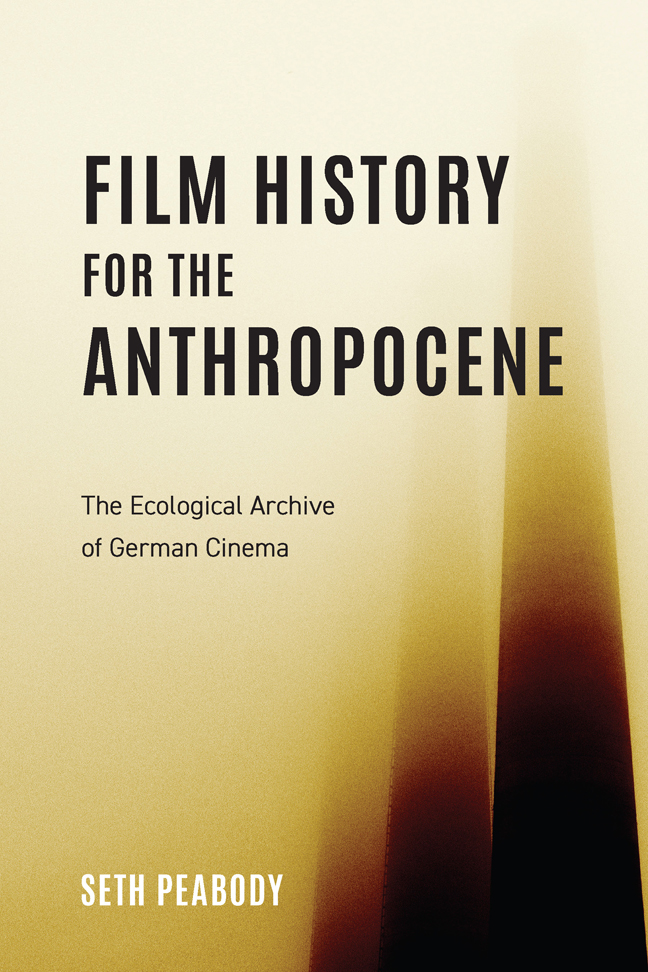1 - Companions and Combatants (or, Hugs, Fights, and Bites): Curating Multispecies Environments in Die Geierwally
Published online by Cambridge University Press: 21 February 2024
Summary
In this time of diminished expectations, I look for disturbancebased ecologies in which many species sometimes live together without either harmony or conquest.
We are, constitutively, companion species. We make each other up, in the flesh.
“I’m not a head of cattle that has to get sold or promised to another at the master's bidding. I mean, I get to give some input, when we’re talking about marriage!”
“No, you don’t, because the child belongs to its father just like a calf or a cow, and has to do what the father wants.”
Between death and life (there is sometimes a vulture)
In Her Book The Mushroom at the End of the World, Anna Lowenhaupt Tsing relates her searches for mushrooms in the forest as “pleasures amidst the terrors of indeterminacy.” These terrors include that “the world's climate is going haywire, and industrial progress has proved much more deadly to life on earth than anyone imagined a century ago. The economy is no longer a source of growth or optimism; any of our jobs could disappear with the next economic crisis.” She suggests that, unlike in past moments, these concerns are shared across the population: “Precarity once seemed the fate of the less fortunate. Now it seems that all our lives are precarious—even when, for the moment, our pockets are lined.” Such fears not only result from environmental and economic changes, but also arise because people have lost “the handrails of stories that tell where everyone is going and, also, why.” Tsing's comments serve as an introduction to her broad discussion of surviving within multispecies landscapes in “capitalist ruins,” as described by her title, using mushrooms as a case study of how species and communities adapt to catastrophic change.
Despite Tsing's book's clear framing around issues of twenty-firstcentury environmental degradation, social flux, and resilience in the face of globalized industrial capitalism, it bears striking parallels to the concerns of Heimat activists in Germany a century earlier. Heimat literally means “home,” and as Germany's landscapes and demographics shifted from an agricultural to an urban and industrial society and economy, Heimat activists (including writers, authors, and local history aficionados) sought to protect the landscapes and cultural practices that were disappearing.
- Type
- Chapter
- Information
- Film History for the AnthropoceneThe Ecological Archive of German Cinema, pp. 28 - 65Publisher: Boydell & BrewerPrint publication year: 2023



